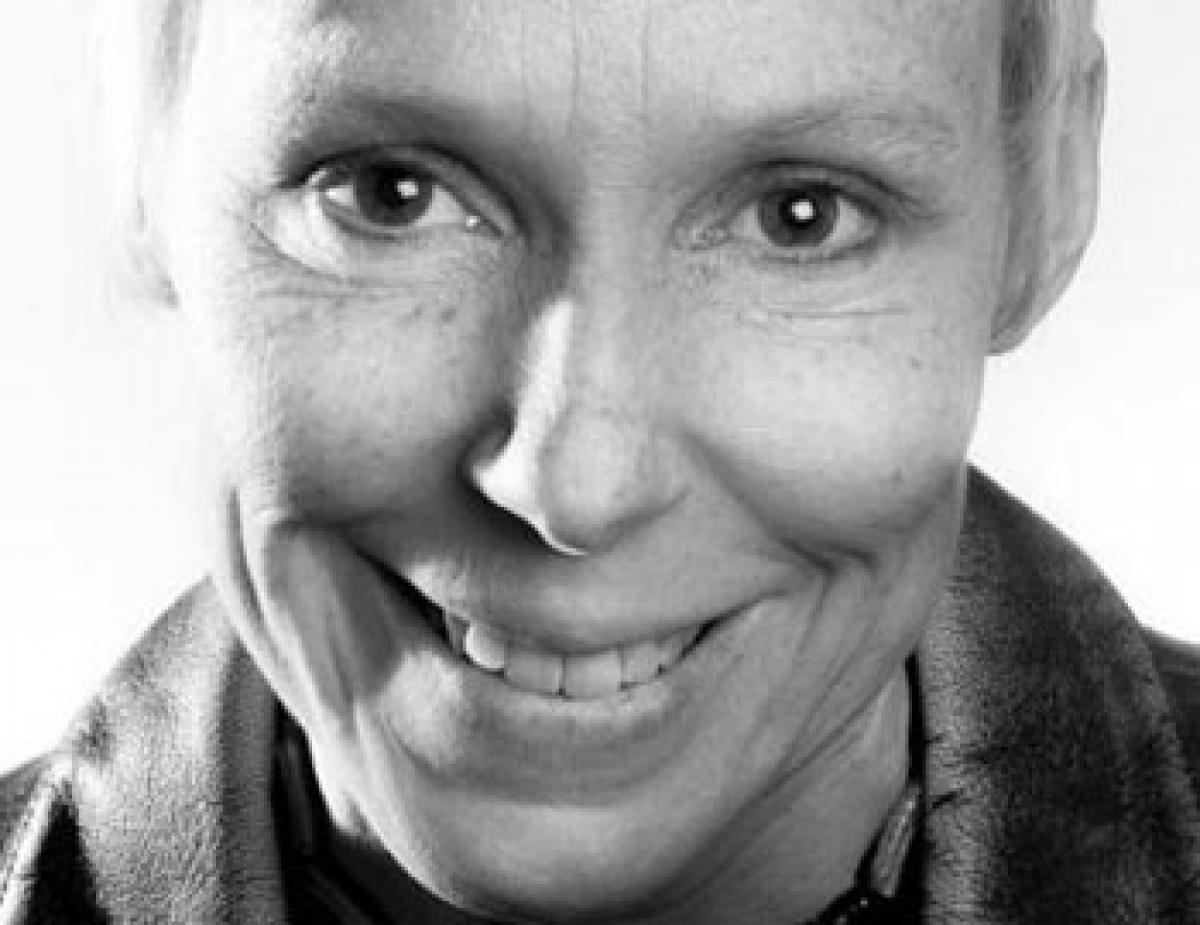Live
- Govt plans to establish offshore Johns Hopkins University Campus in India
- Goa Aces clinch Indian Racing League title
- Study finds how hormone therapy can reshape the skeleton
- High-street fashion players looking at India for manufacturing: Report
- Shreyas Iyer to lead Mumbai as Prithvi Shaw returns for Syed Mushtaq Ali Trophy
- 'Failed to resolve crisis': NPP withdraws support from BJP govt in Manipur
- Chennai: Actress Kasturi Remanded in Custody Until 29th of This Month
- Aaqib Javed likely to become Pakistan's new white-ball head coach
- BJP panel to draft poll charge sheet against AAP govt in Delhi
- Allu Arjun Thanks Fans in Patna, Teases 'Pushpa 2' Release
Just In

India boasts of a rich and invigorating scientific community. All it needs is a deep-rooted push from the government so that the experts can go about their research, findings and documentation for the betterment of mankind.
India boasts of a rich and invigorating scientific community. All it needs is a deep-rooted push from the government so that the experts can go about their research, findings and documentation for the betterment of mankind.
That in a nutshell is the observation of Dr Charlotte Sleigh from the School of History at the University of Kent, who as part of an Indian tour, was in town. Dr Charlotte is a member of the British Council’s ‘Science and Beyond’ series that has brought together eminent science speakers from the United Kingdom, who will be traversing across New Delhi, Kolkata, Pune among other major Indian cities and highlighting globally prevalent practices and benefits they bring along.
Dr Charlotte points out that there is a tremendous responsibility on every scientist, particularly with regard to educating the common man about the benefits they can reap because of the advancements made in science and technology. However, she lamented that for all their branding and show of support the budgetary allocations made by the government are less than satisfactory.
Participating in an enlightening workshop, under the auspices of the British Council, at Centre for Cellular and Molecular Biology (CCMB), she spoke at length about ‘Electric monks and pathology biscuits’. According to Dr Charlotte, scientists should not feel that their job is done and over with once they finish with their landmark findings.
“Successful scientists should go to the public and confirm their findings as valid and important. Historically speaking, they could be anyone from the expert to the layman,” she said. She hoped that the Indian scientists will also interact with people and not confine themselves to the chosen community.
“This will go a long way in removing scepticism that exists when breakthroughs and achievements are announced by the scientific fraternity,” she opined. Dr Charlotte teaches science and literature, Victorian science and society, the history of animals, and the history of the body in the twentieth century, which are reasons enough for the authorities to take note of her observations and act upon the suggestions.
On that count, even scientists will not feel isolated. There is a sense when she says that scientists ought to be felt that their interests and research work are well protected. Saluting the Indian intelligence in myriad fields, she cautions that if they feel that they are being ignored by a vast majority there could be a massive brain-drain.
That is quite true if one considers that almost every Indian scientist who has won a Nobel has done pioneering work abroad where infrastructural facilities are mind-boggling and the freedom to go about their findings, more pronounced.
Dr Charlotte called upon Indian scientists to be more people-friendly and launch participatory sessions so that they could be mutually beneficial. In the same breath, she urged the government authorities to rise to the occasion on the lines of the support extended abroad.

© 2024 Hyderabad Media House Limited/The Hans India. All rights reserved. Powered by hocalwire.com







